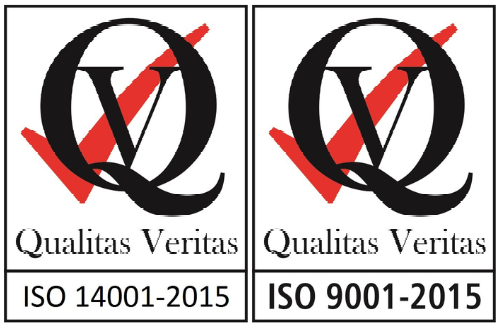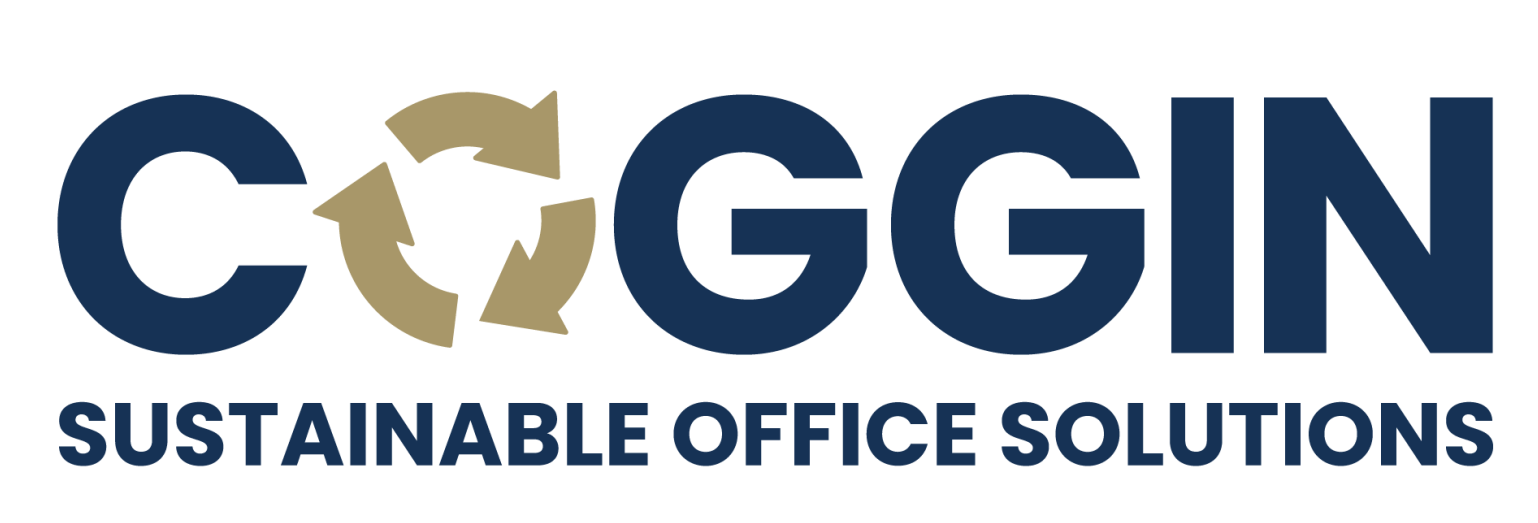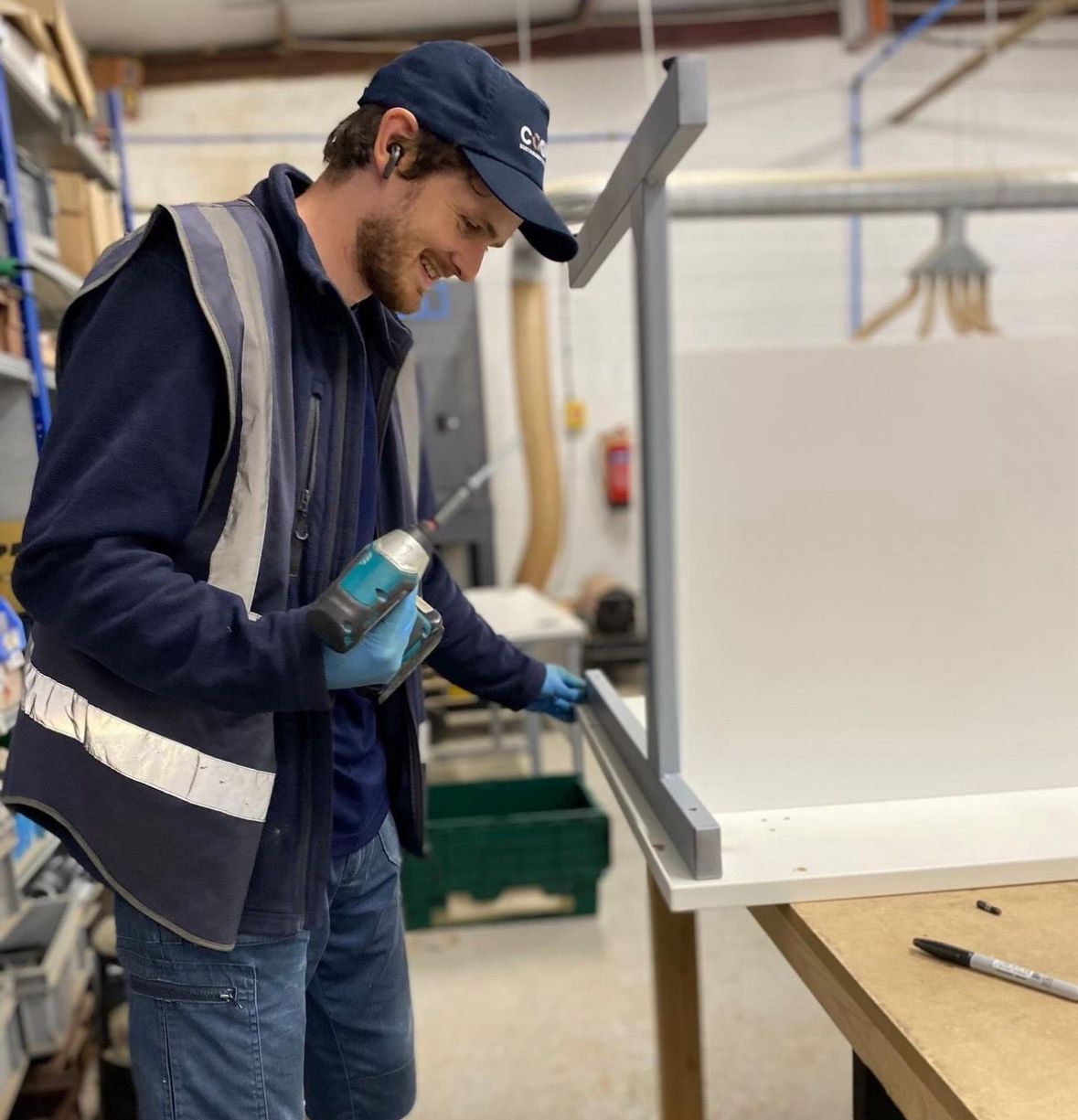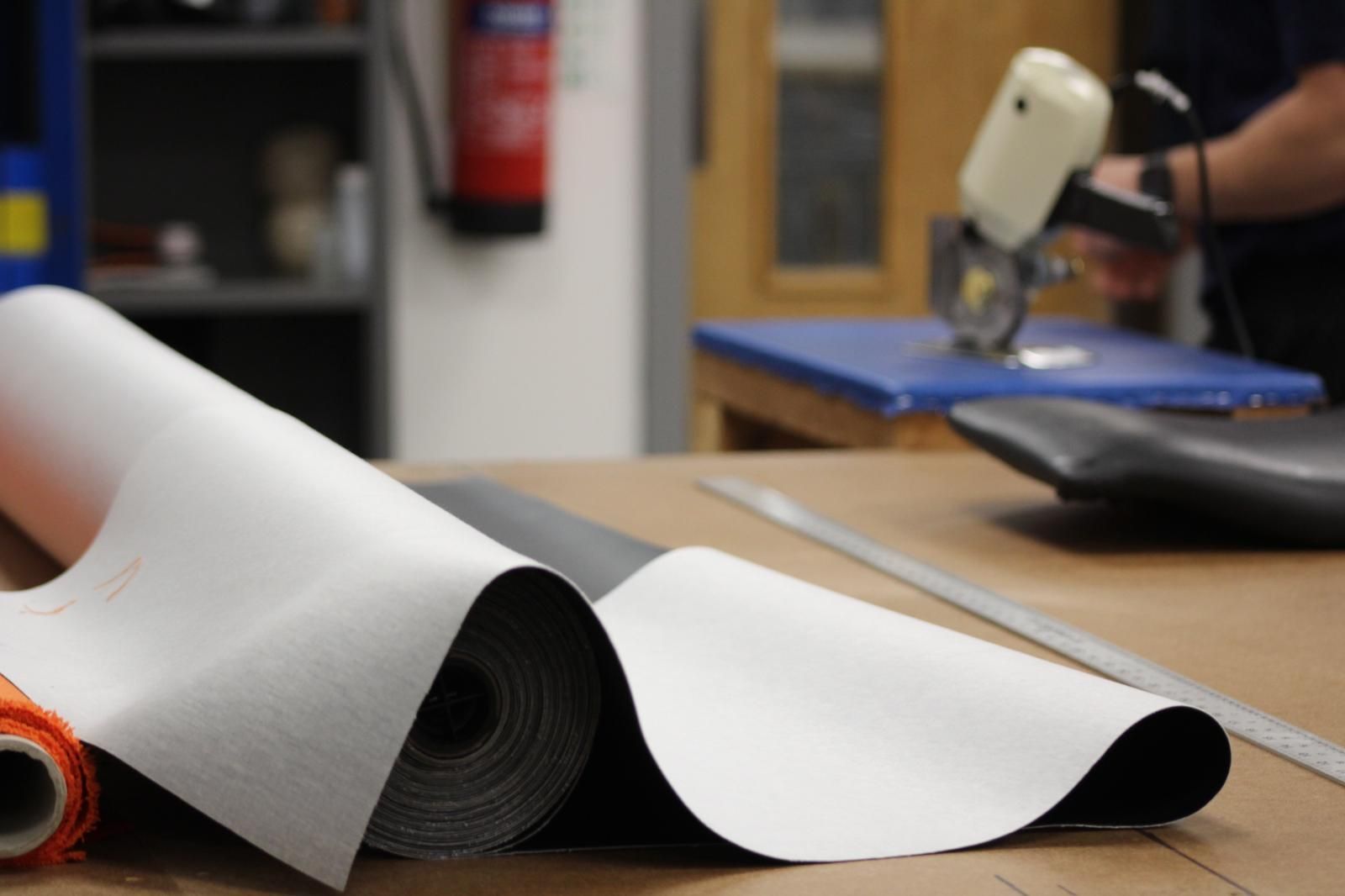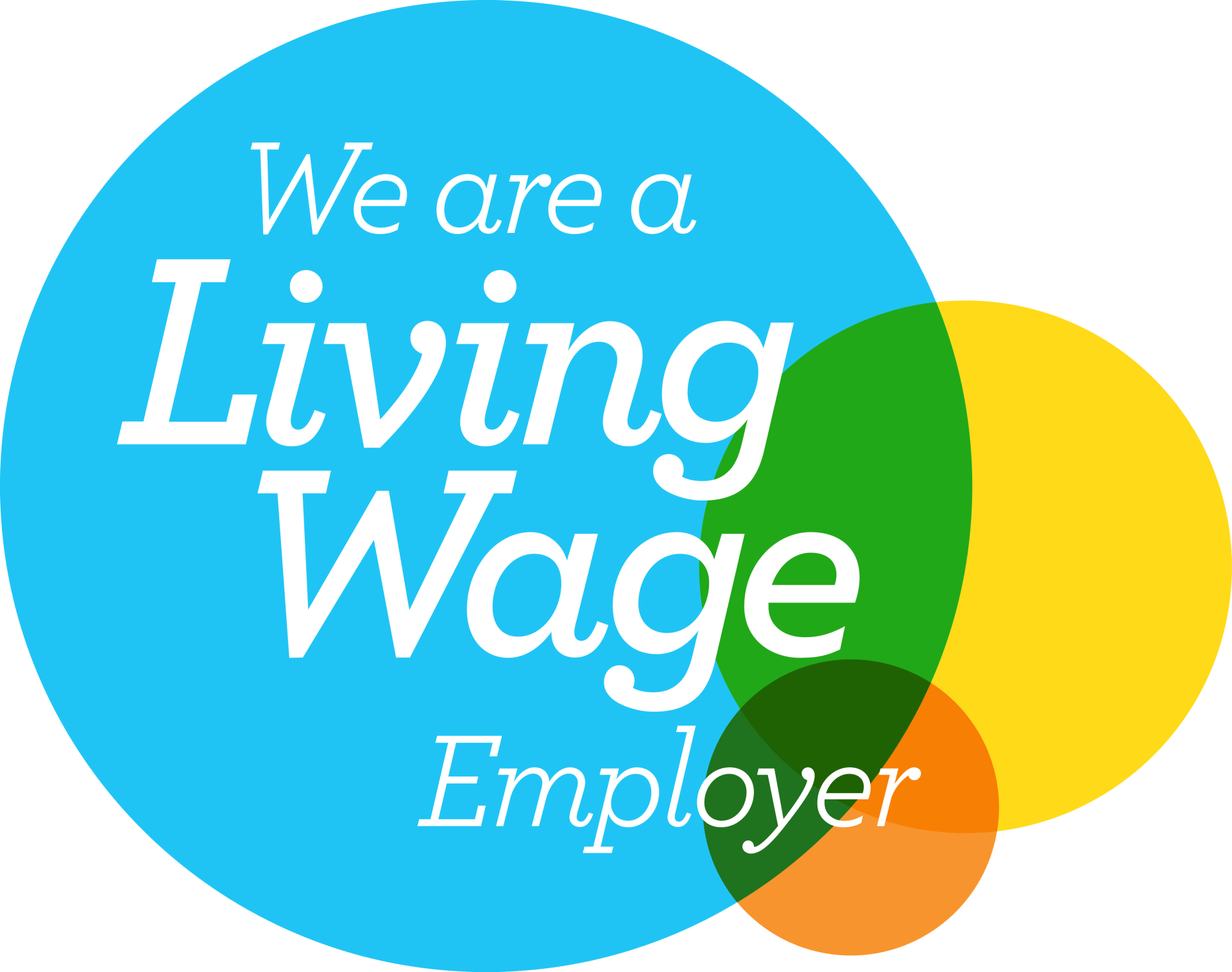What Exactly is the Circular Economy? Unraveling the Sustainable Concept
Welcome to the world of the circular economy, a new model that's reshaping how we view goods and services. This approach could be the key to striking a balance between our needs and our planet's health.
What Exactly is the Circular Economy?
In the bustling world of market economies, we're used to a "buy-use-discard" system, which leans heavily on mass production. The circular economy challenges this by promoting sharing, reusing, repairing, and recycling. Here, when a product ends its life, its materials are repurposed for new beginnings.
Watch this video created by the
Ellen Macarthur Foundation back in 2020 with Ellen MacArthur and Joe Iles talking through the various loops on the Ellen MacArthur Foundation's "butterfly diagram".
Why Should We Care?
- Planet-Friendly Approach: Adopting this model can reduce the strain on our natural resources, minimise environmental damage, and lower greenhouse gas emissions.
- Conserving Resources: The word economy revolves around the constant demand for raw materials. Recycling through a circular system reduces this pressure, stabilising our national economy and reducing import reliance.
- Financial Gains: Embracing the circular economy can lead to new business opportunities, encourage innovation, and save money for consumers.
The European Union Takes the Lead
The EU recognises the potential of the circular economy in influencing the national economy and market economies worldwide. They've been introducing initiatives to champion sustainable product designs and reduce waste, aiming for a fully circular system by 2050.
Spotlight: Office Furniture
Consider an office revamp. Usually, old furniture gets discarded. But companies today are leaning into the circular model, opting to reuse, refurbish or recycle such items, which not only minimises waste but also aids local small business community.
A Global Perspective
With a growing global awareness, the circular economy is about more than just recycling. It's about changing the mass production mindset of market economies. Modern technology, like AI and blockchain, aids this transition, helping to trace products throughout their life cycle, ensuring they contribute positively to the world economy.
Joining the Movement: Countries and Corporates
Various countries and leading corporations are integrating the circular economy into their operations. For instance, Google has ambitious plans aligned with carbon-neutral goals for 2030.
Businesses, Individuals, and Their Role
Within this economy, businesses adapt by leasing goods and services instead of selling them, like car-sharing or furniture renting. For individuals, this means making sustainable choices and supporting companies that prioritise circularity.
Facing the Challenges
Like any significant shift, transitioning to a circular economy in market economies poses challenges. Established systems often rely on linear, mass production models. To embrace circularity, infrastructural, technological, and business model changes are vital.
Charting the Path Forward
The momentum towards a circular economy in the national and world economy is evident. While obstacles exist, the promise of a sustainable future where economic growth and environmental responsibility coexist is tantalising.
In the circular economy, every product is given an opportunity for rebirth.
Contact Us
We will get back to you as soon as possible.
Please try again later.
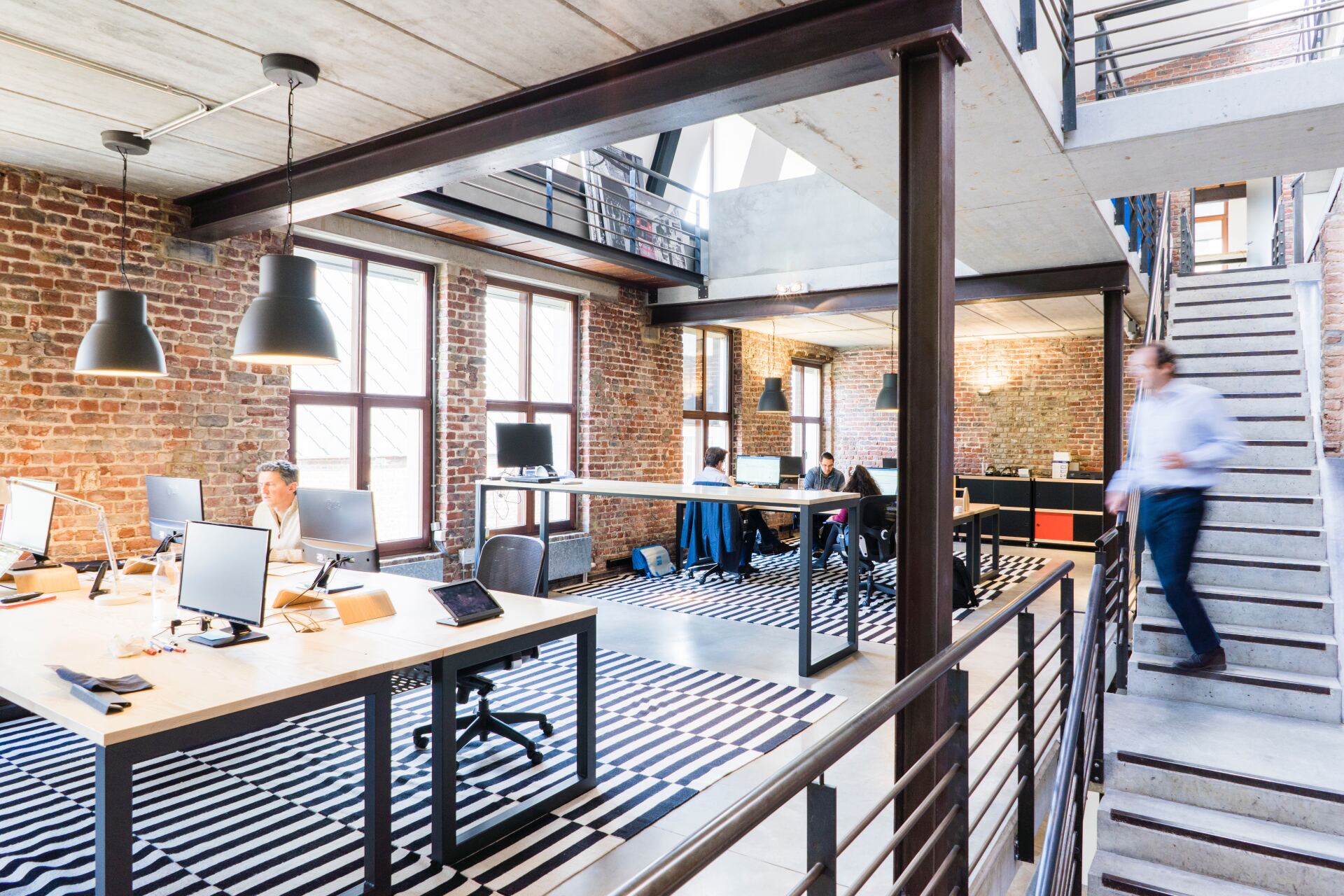
Coggin Sustainable Office Solutions, Lancaster New Road, Forton,
Preston, PR3 1AD

